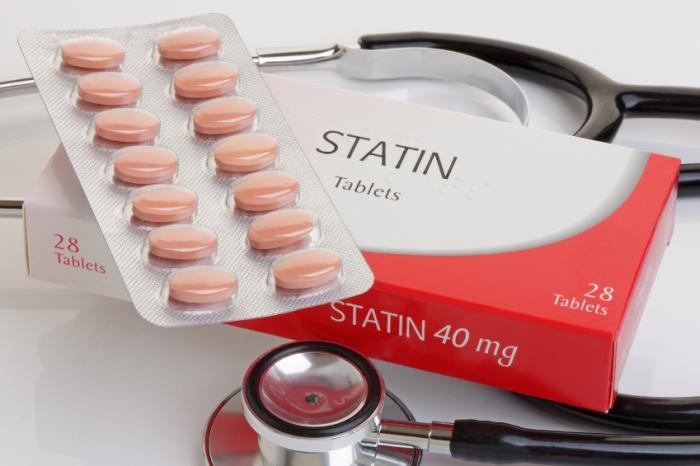
Use of statins appears to reduce the risk of developing hepatocellular carcinoma (HCC) in patients with nonalcoholic fattly liver disease (NAFLD), whereas hypertension conferred a risk increase, according to a retrospective case-control study.
Researchers reviewed the medical records of 102 NAFLD patients (mean age, 69 years; 65 percent male) who underwent at least two computed tomography scans. Of these patients, 34 were HCC patients and 68 were matched non-HCC controls. NAFLD-HCC cases were confirmed on contrast imaging and/or biopsy.
The majority of the population had cirrhosis (91 percent). Multivariate logistic regression analysis showed statin use to be protective against HCC (odds ratio [OR], 0.20, 95 percent CI, 0.07–0.60; p=0.004), while hypertension was associated with a greater likelihood of HCC (OR, 5.80, 2.01–16.75; p=0.001).
On further analysis, visceral adipose tissue in males was higher before HCC development and decreased upon diagnosis in 86 percent, which was significantly different compared with controls (OR, 2.78, 1.10–7.44; p=0.04). Visceral adiposity at baseline was not a risk factor for HCC.
In a separate study, statins also exerted a beneficial inhibitory effect on HCC development, with the effect more pronounced in patients with liver cirrhosis or diabetes mellitus—conditions that are associated with a higher risk of HCC. [J Hepatol 2018;68:476-484]